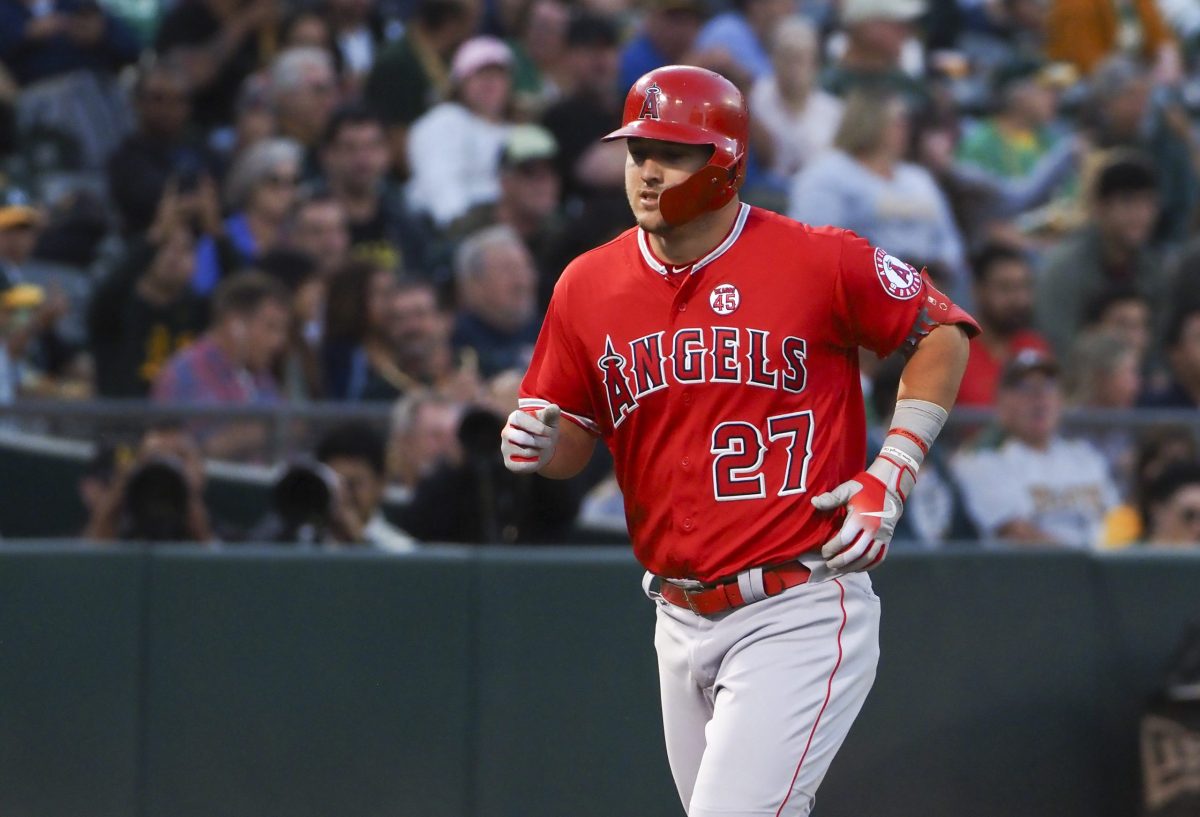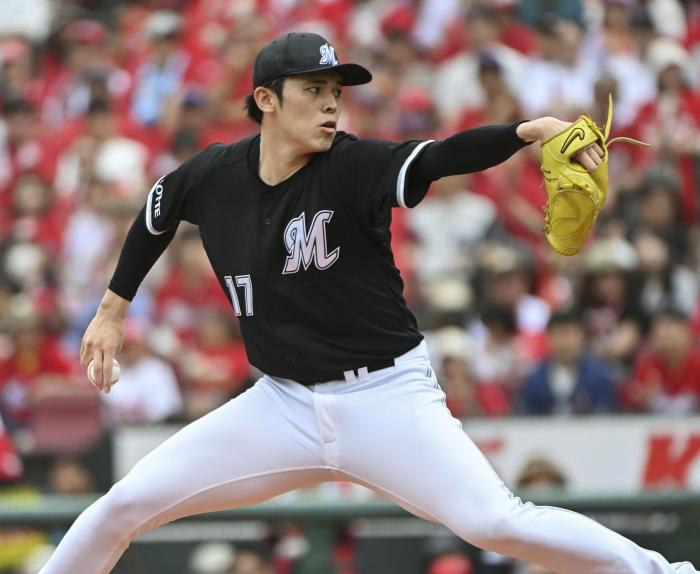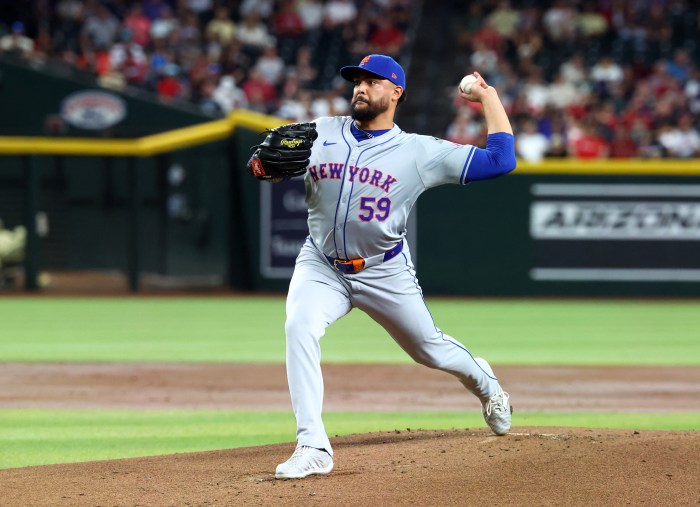Little progress to resolve player compensation was made on Tuesday after Major League Baseball set forth another proposal to the union; and it has the potential to make the game’s biggest stars look like the bad guys.
Roughly one week after the league’s 50-50 revenue split between the owners and players was denied by the Major League Baseball Players Association (MLBPA), MLB introduced an economic proposal that would call for further salary cuts from all players, but affect the highest-paid stars the most.
The idea was the league’s first counter in what will be tense negotiations.
The players want their full prorated salaries (receiving their regular salary for just the number of games played in 2020) that the union and league agreed upon back in March while the owners are citing sizable losses from the potential fan-less 82-game season that is expected to begin in early June.
The proposed structure introduced on Tuesday would see the lowest-paid players receive close to all of their prorated salaries while those with the largest contracts in baseball could experience a 70%-80% cut, which would look as follows, via ESPN:
- Players making $563,501 to $1 million receive 72.5% of their salary
- Players making $1,000,001 to $5 million receive 50%
- Players making $5,000,001 to $10 million receive 40%
- Players making $10,000,001 to $20 million receive 30%
- Players making $20,000,001 and up receive 20%
For example, New York Yankees ace Gerrit Cole — who signed a nine-year, $324 million contract over the winter — would have made $36 million in 2020. Under the prorated salary format, that number would have shrunk to $18 million in an 82-game season. But in MLB’s new proposal, Cole’s base salary would be $5.4 million.
It’s a sentiment that doesn’t necessarily strike home with most of the baseball-viewing public considering the massive employment issues that are plaguing the nation during the coronavirus pandemic.
According to the US Department of Labor, unemployment skyrocketed to 14.7% in April — the worst mark since the Great Depression — which makes the squabbling of a few million dollars amongst millionaires seem trivial.
But Major League Baseball’s system continues to set the players up to look like the antagonists in these negotiations, working with team owners to put together plans that the union will obviously bristle at.
For weeks, the MLB and its teams have leaked stories about a potential return to baseball, building up the hopes of fans starving for sports when it was clear compensation negotiations would take time. It only puts more pressure on the players to hurriedly accept the plan rather than work out the best deal possible.
After all, even if MLB takes a $4 billion loss like commissioner Rob Manfred told CNN on May 15, they would still be making $6.7 billion based on last year’s numbers.
So despite losing half the season due to a pandemic that will keep fans and their wallets away from the stadium, the league would still retain 62.6% of its revenue based on the commissioner’s comments.
Under that elementary formula (I’m not a math guy nor will I ever be) why can’t they find a way to compensate their players near their full prorated salary for 82 games?
Instead, the league and the owners are turning fans against the players that bring in their astronomical revenue, which is just another example as to why baseball will always trail behind the NFL and NBA in the court of public opinion.
MLB has always struggled to properly promote its biggest stars. The likes of Mike Trout, Bryce Harper, Jacob deGrom, Max Scherzer, and Nolan Arenado should be plastered all over television, billboards, and advertisements.
They should be household names alongside LeBron James, James Harden, Tom Brady, and Patrick Mahomes.
They’re not.
What helps fans connect with professional athletes is the ability to relate with them. MLB’s inability to properly facilitate that notion doesn’t help; and now the way these negotiations have been staged will only make things worse.
If the league and its owners don’t get this right and they can’t find a way to strike a deal with the players, the game’s relationship with its fans will experience a blow just as large as the one experienced during the 1994 MLB strike.





































